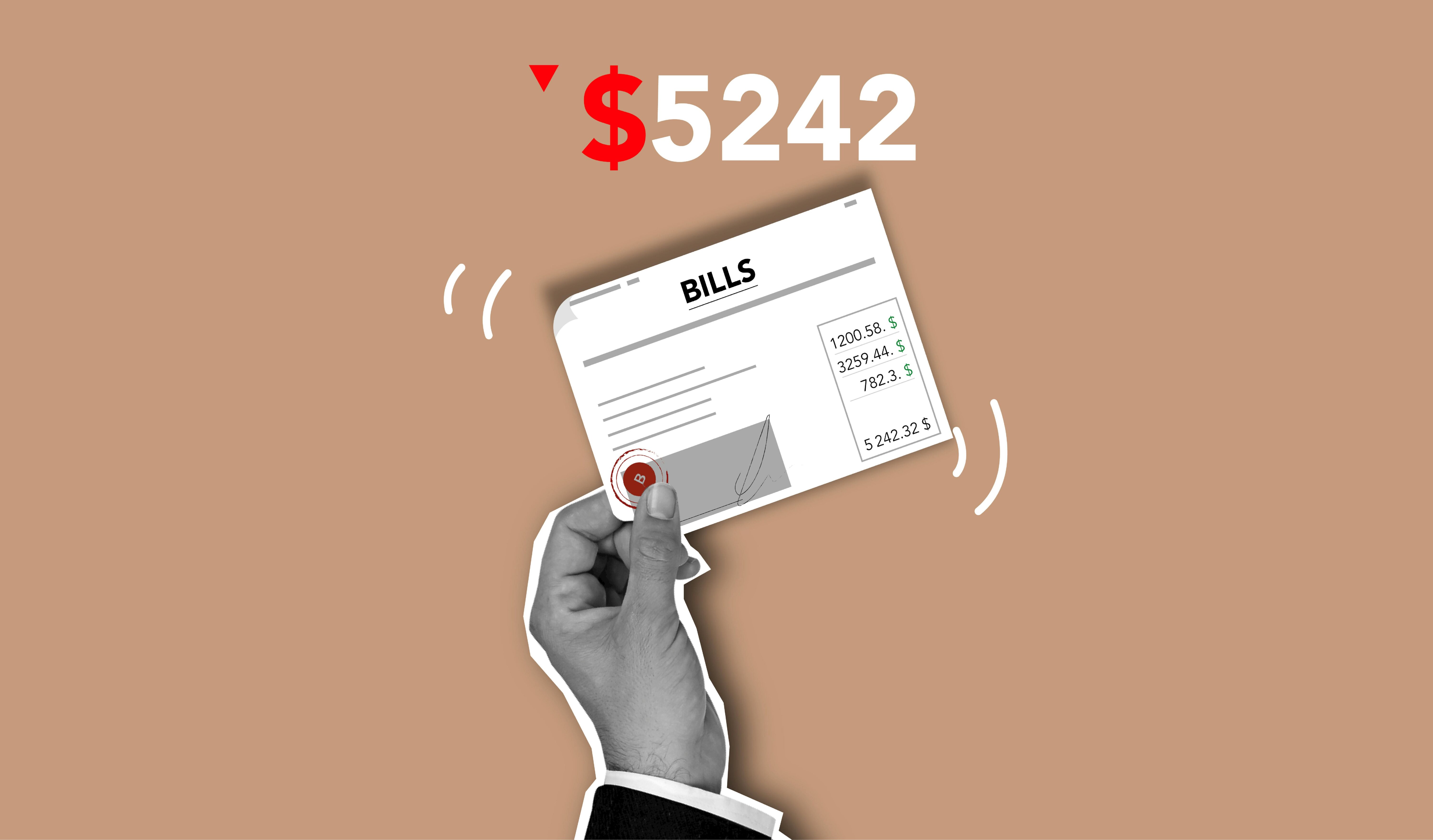Taxes are a part of our lives in the state of Texas. Sales taxes, property taxes, and other types of fees are used to fund public services and the government itself. Usually, the sales tax is applied when buying or renting a good or service, but there are special circumstances where these tax rates work a little differently, especially when buying or selling a home. Let’s dive into the statewide sales tax rate and how this impacts real estate transactions in Texas.

What Is Sales Tax?
A sales tax is typically charged on top of the prices of certain retail sales, leases, rentals, and taxable services. Across Texas, the state sales tax rate is 6.25%, though localities can also collect sales tax of up to 2% more on these types of taxable sales.
That means whenever you buy, lease, or rent most goods or services, you will pay an additional fee on top of the purchase price. Sales tax holidays occur when the state or country waives or reduces taxes on certain categories of items for a period.
Who Pays Sales Tax on a House?
Two types of sales tax may apply to selling a house and will impact how much you can make. These two types of taxes are the capital gains tax and the real estate transfer tax. In both scenarios, Texas is the ideal state to sell property in because you don’t have to pay real estate transfer taxes or capital gains tax to the state.
Capital Gains Tax
In Texas, the capital gains tax is only at the federal level. You pay capital gains tax on the profits you make when you sell an investment or capital asset, such as an investment property. If the profits are above a certain amount, you will have to pay a percentage to the federal government. Long-term capital gains (held for over a year) are taxed at a lower rate than short-term capital gains.
Real Estate Transfer Tax
Real estate transfer taxes are another fee that sellers may encounter. In general, these fees are paid by the seller and not the buyer. Fourteen states do not have real estate transfer taxes included in the taxable sale of properties, and Texas is one of them. This means you will not have to pay this additional tax burden if you are selling a house in the Lone Star State.
How Much Tax Do You Pay in Texas?
Since there is no state tax on real estate transfers or capital gains in Texas, sellers may only have to worry about the capital gains tax at the federal level. A long-term capital gain is taxed at a rate of either 0%, 15%, or 20%, depending on your income tax bracket. Short-term capital gains are taxed at the same rate as income, which is usually higher than the long-term rates.

How Can You Be Exempt From Paying Capital Gains Taxes?
Even if you are selling in the state of Texas, you may still owe money to the United States government from your profits. Many real estate investors or homeowners find strategies to avoid or reduce this type of tax. If you don’t want to pay sales tax, there are a few ways to avoid capital gains taxes.
- Use the exclusion clause – If you have lived in the property as a primary residence for 2 out of the last 5 years, you can exclude up to $250,000 (single) or $500,000 (married filing jointly) in profits from the capital gain tax rates depending on your tax filing status.
- Use a 1031 exchange – If you purchase a similar property with the proceeds from the sale, you can defer the applicable tax rate on the profits.
- Offset with losses – Capital gains are taxed as a whole, so if you experienced losses from other investments, they can be used to offset capital gains from the sale of your home.
- Donate appreciated assets – If you owe taxes on capital gains, you could donate some of your appreciated assets to offset other investments that are subject to sales tax.
Don’t Forget the Property Taxes
Property taxes are not the same as other local sales taxes. Whoever owns the property must pay the property tax to the local government based on the property value. When selling a house, these taxes are still owed, so there must be an agreement between the buyer and seller on who is going to cover the local taxes and when.
Traditionally, the seller will pay the total amount of taxes for the current tax year in which they still lived in the house, which is essentially paying your own sales taxes. The buyer will then take over the rest of the tax year. Both buyers and sellers can incentivize the sale for the other party by offering to pay a larger portion of the real property tax for the year.
Summary
The sales tax liability can make buying and selling a home more costly than the simple purchase price. Sellers must pay property taxes at the time of the sale and capital gains taxes when filing their taxes with the Internal Revenue Service the following year.You don’t have to worry about closing costs and lengthy procedures when you sell your home to our company. Our team will prepare all the paperwork and help you sell your home in record time for a fair cash price. Contact A-List Properties online or at (972) 526-7042 for a free consultatio

Zach Shelley
Zach Shelley is a seasoned real estate investor with a diverse network spanning across the nation. As the founder of his own real estate venture, Zach is committed to offering innovative solutions to homeowners facing various real estate challenges.. Through his dedication and strategic approach, Zach continues to make a significant impact in the real estate industry, providing homeowners with alternative pathways to navigate their property transactions.



